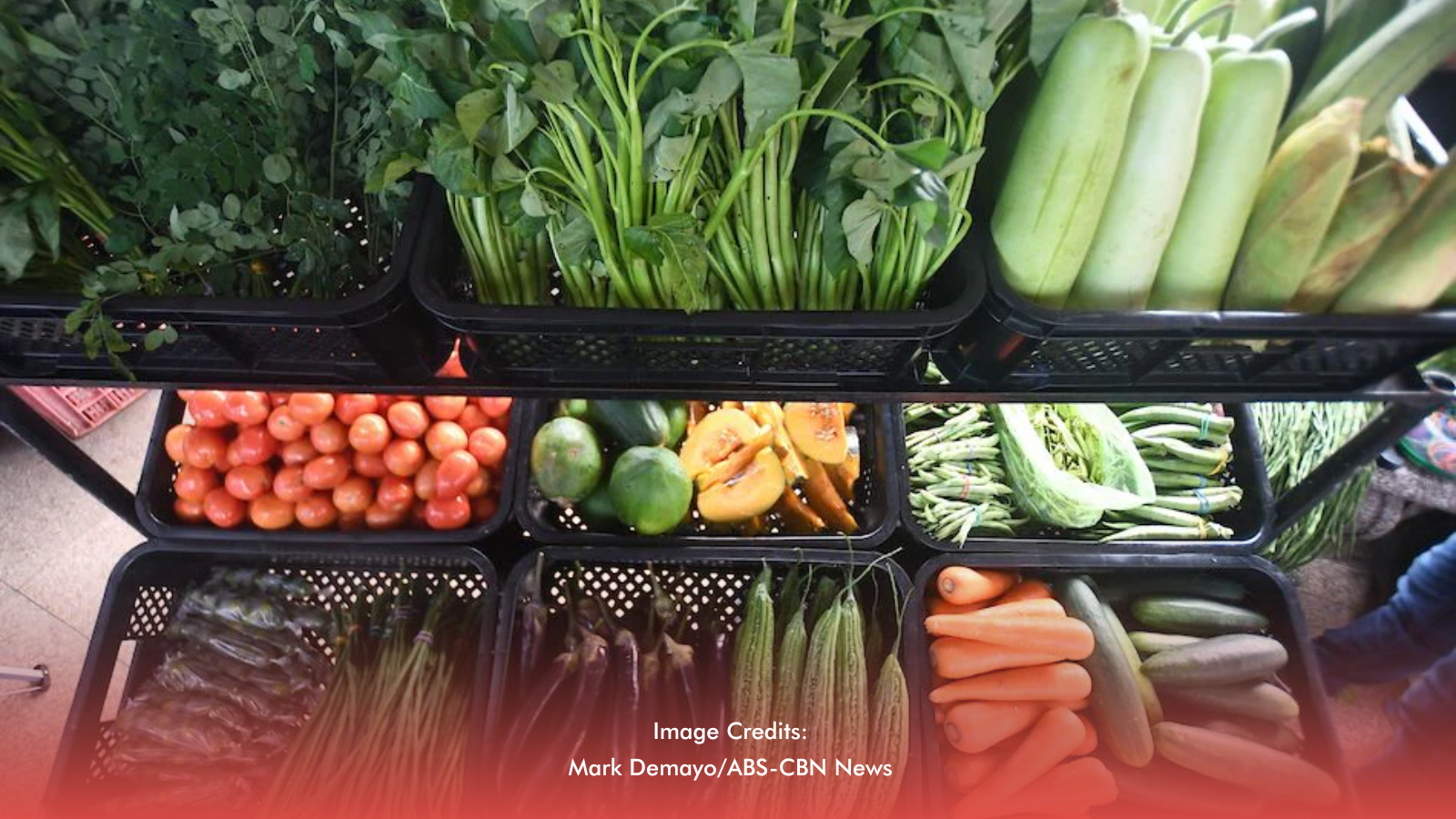Most Filipinos believe that President Ferdinand Marcos Jr. should make lowering food prices his top priority, according to a new Social Weather Stations (SWS) survey commissioned by Stratbase Consultancy.
Conducted from September 24 to 30, the survey found that 56 percent of respondents said the President should focus on “reducing the price of rice and other food products.”
The concern over food affordability was strongest in the Visayas (59 percent) and Mindanao (61 percent), followed by Luzon outside Metro Manila (55 percent) and Metro Manila (44 percent).
Rural respondents were slightly more likely to cite food prices as their main concern (57 percent) than those living in urban areas (54 percent), underscoring how inflation continues to affect everyday life across the country.
Corruption Ranks Second Among National Issues
While food prices topped public concerns, 31 percent of Filipinos said the Marcos administration should prioritize “addressing corruption issues in the government.”
Metro Manila respondents expressed the highest concern about corruption at 45 percent, followed by 32 percent in Luzon outside Manila, 31 percent in the Visayas, and 19 percent in Mindanao.
Analysts note that these results reflect deep-seated frustration over both the rising cost of living and the perceived lack of accountability in government.
Public Demand for Action and Accountability
Other key issues identified by respondents include the need to improve access to education (7 percent) and upgrade health-care facilities (4 percent). Only 3 percent said they were undecided.
Stratbase Group President Victor Andres “Dindo” Manhit said the survey findings highlight “the urgent reality that Filipinos are still struggling to afford basic food.” He added that the results underscore the need for concrete policy action and more responsive governance.
Stratbase also emphasized that the findings show a growing public demand for leadership that delivers tangible economic relief while ensuring clean and accountable governance.
The SWS survey was conducted through 1,500 face-to-face interviews, with a ±3 percent margin of error for national percentages.








